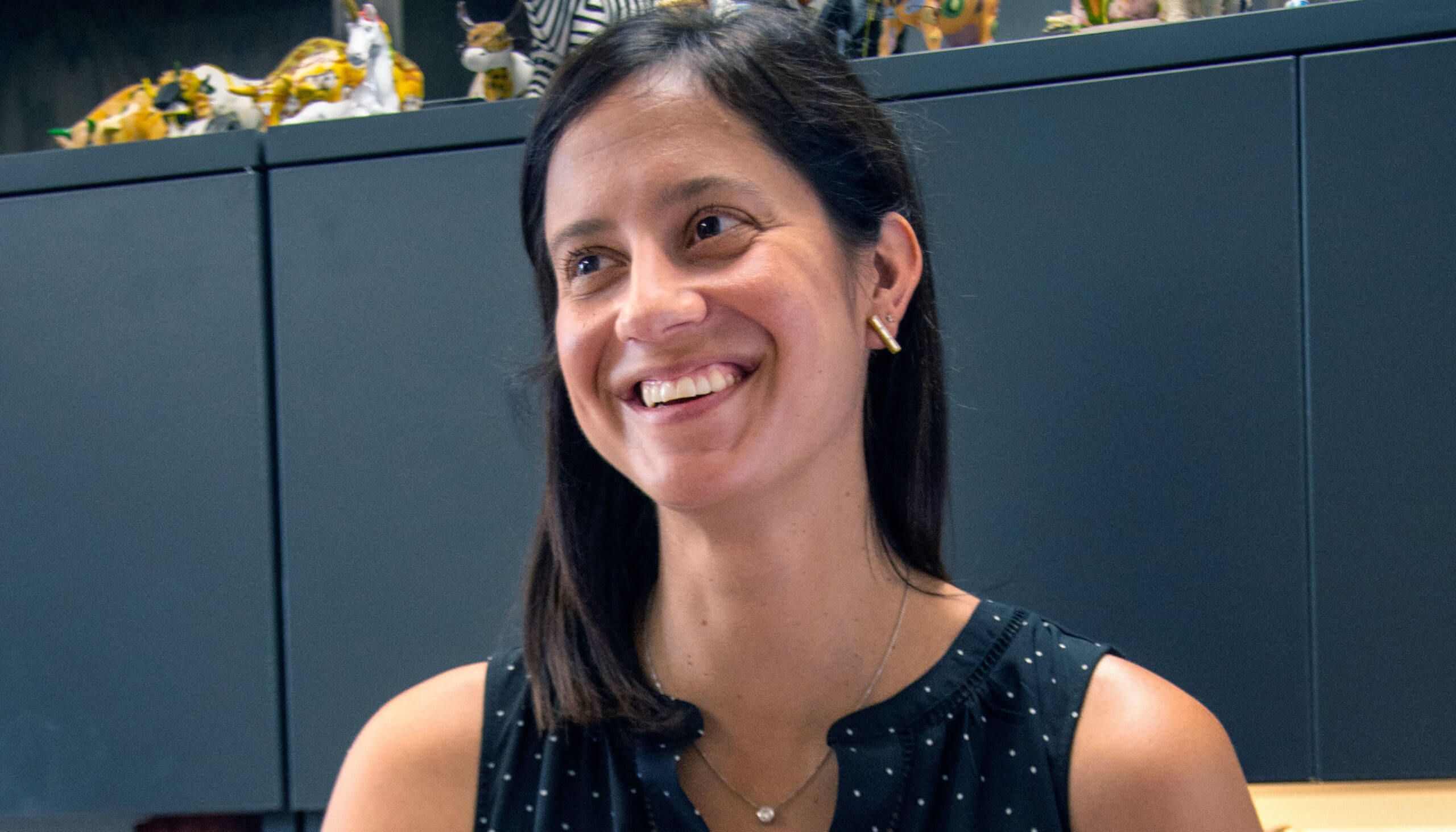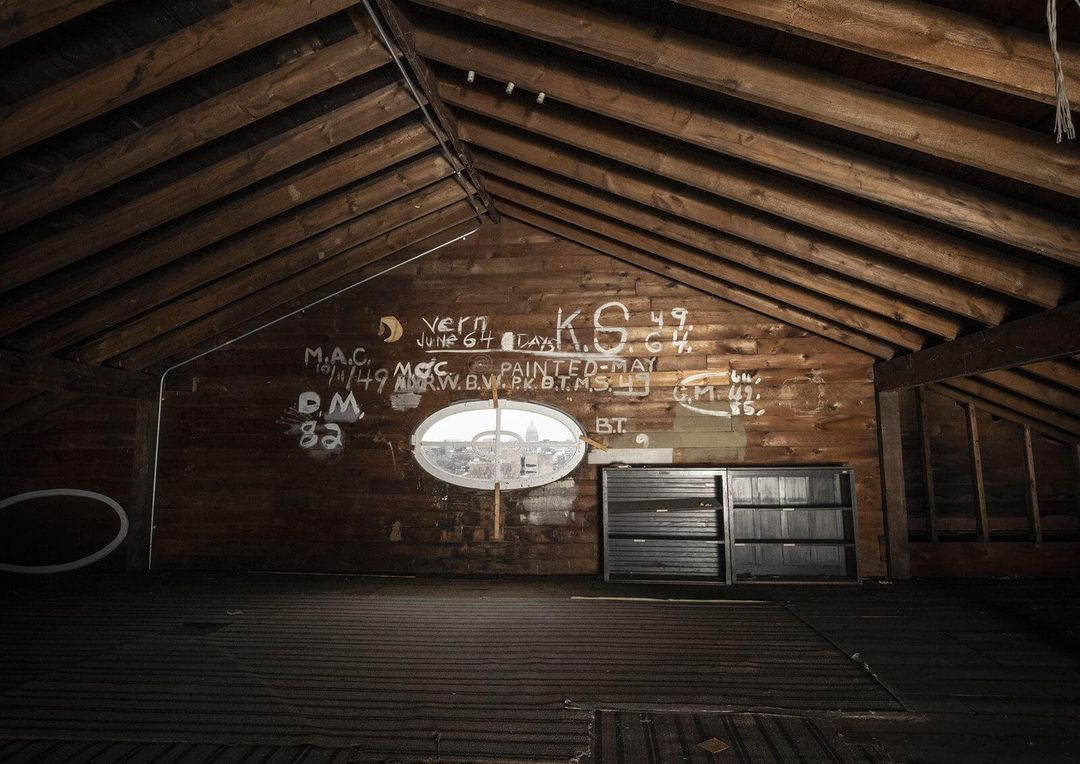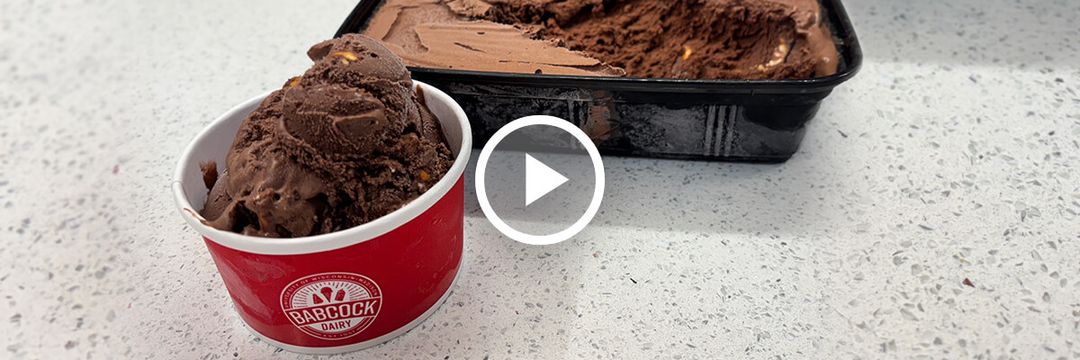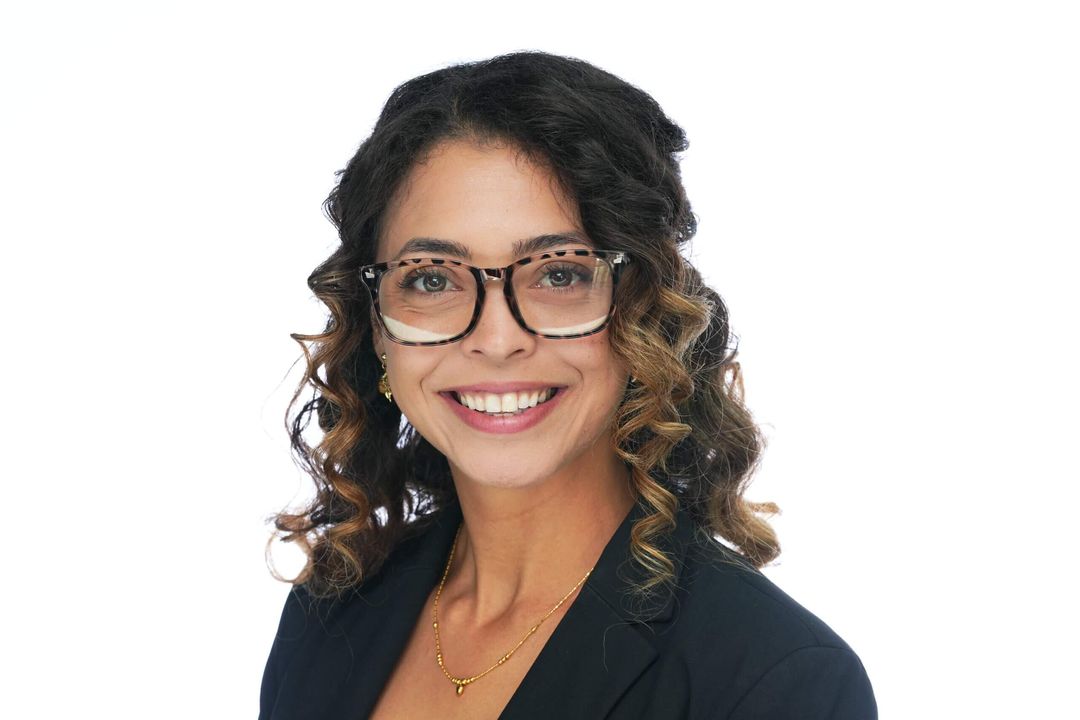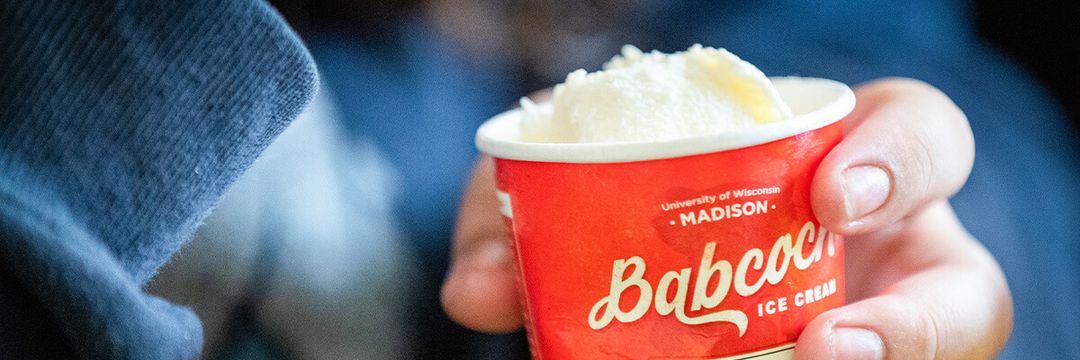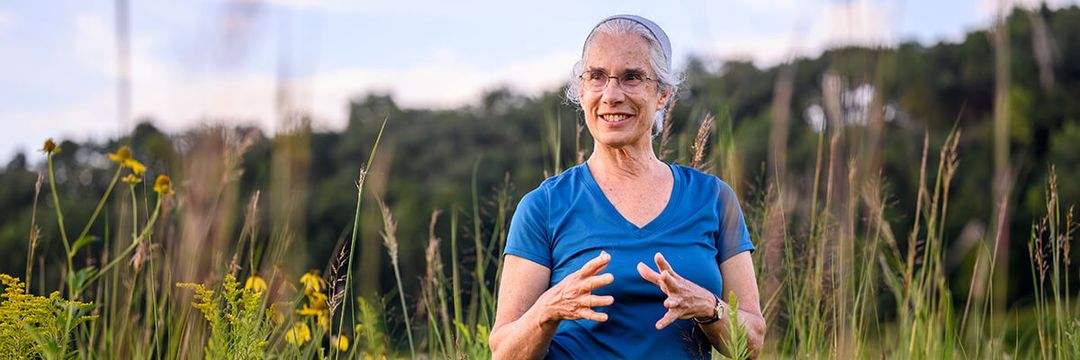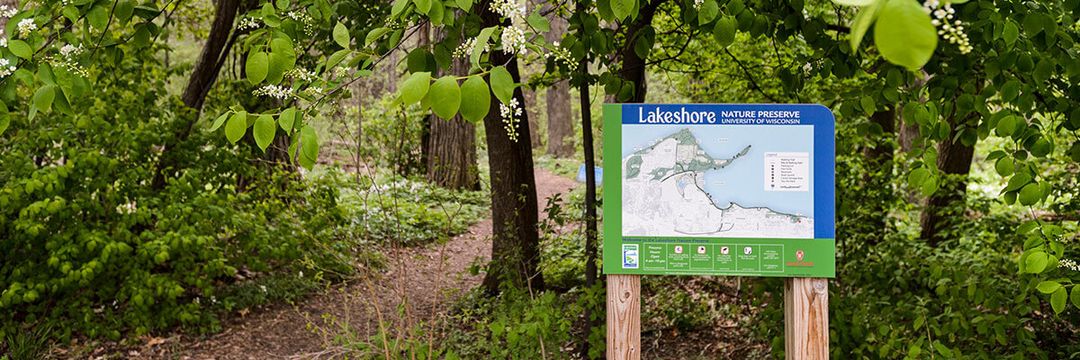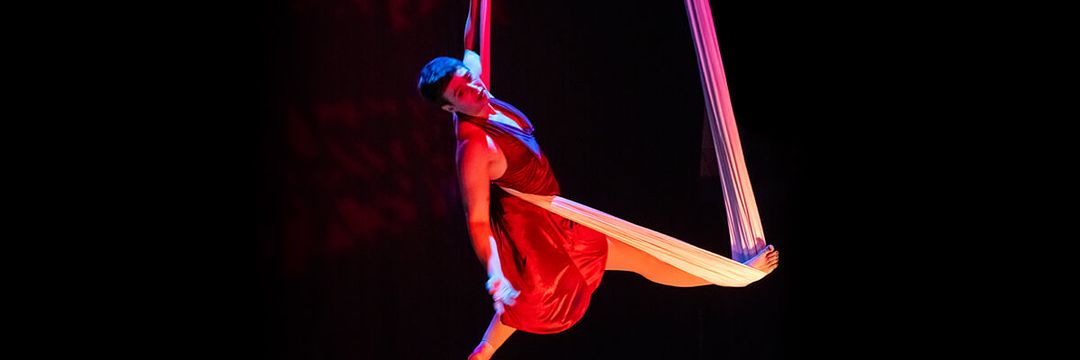Mammals and mamas are in good hands thanks to the work and research of Dr. Laura Hernandez, an associate professor and lactation physiologist in the UW’s Department of Dairy Science.
Hernandez works with both rodents and dairy cows to study how the mammary gland’s demand for nutrients affects maternal physiology during lactation, and how the recently discovered role of the mammary gland in serotonin production works to maintain normalcy while a mom provides nutrients to her baby.
According to Hernandez, the information gathered from her work with rodents is intended to parallel and improve the experience of human mothers.
“I’m studying how taking antidepressants during pregnancy and lactation can impact the mom’s long-term bone health and ways to intervene potentially to help mediate that so mom can stay on her medication and, if she wants to breastfeed, do so without potentially having long-term negative effects on her bone,” she said.
In order to have access to hospitals and clinics to study the human aspect of her work, which was made possible by a grant from the National Institutes of Health, Hernandez took a six-month sabbatical to complete 500 clinical hours toward becoming a lactation consultant.
She says that both seeing firsthand in clinics the lack of understanding of lactation and support for newly breastfeeding moms and having children of her own has inspired her dedication to the field.
“To see women who were desperate to breastfeed and they just couldn’t make enough, and they felt like they were failing their baby and that their baby was going to be sick because they were going to have to take formula, it was just really, really hard,” Hernandez says. “There’s just not enough support, at least from the medical perspective.”
Hernandez’s work also aims to alleviate and avoid these potentially “traumatic” and depression-inducing experiences with breastfeeding.
“We have a lot to learn from what we know in dairy cows because they’re fed really well and they’re taken care of really well, and everything’s really optimized for them to be healthy and make milk,” Hernandez says. “In the human side, they’re not extrapolating that, and there’s a lot there that could be applied to these women who are struggling.”
MY ASSIGNED READING INCLUDES:
Milk! by Mark Kurlansky. It’s about the evolution of how we started drinking milk, and how that took off and what happened. So it’s pretty cool because it comes from a food perspective, and the history is pretty crazy.
AT THE MOMENT I’M READING:
I just finished Educated by Tara Westover, and I loved it. It was very, very eye-opening because she’s probably six years younger than I am, and to think, or even consider, growing up without going to school, and having parents that believe in this radical alternate universe, that everyone’s out to get you, and [who are] burying food and fuel in the ground — that was wild. And then I just finished reading Trevor Noah’s biography [Born a Crime]. It was so amazing. And again, someone who is only a couple of years younger than [I am] to think that he was illegal. That kind of puts a lot of things in perspective about what you have in life, and how you grew up, and to be thankful for sort of the bigger picture.
I LIKE TO REREAD:
I have read and reread this book several times in the last couple of years, and it’s called The Subtle Art of Not Giving a F*ck. I reread it to remind myself that I don’t have to be perfect and that you just have to keep kind of doing what you’re doing.
Another [is] one that I loved when I was young, but still love now. I'm Hispanic, and I grew up deeply embedded into a Mexican culture, and sometimes I feel like I lose that here, and I want my kids to have that, and one of the books that I always loved when I was young was Like Water for Chocolate. It’s so great, and [there are] pieces of it that remind me of my grandmother.
FAVORITE SPOT ON CAMPUS TO READ: When I was doing my sabbatical, my husband and I carpooled because he works on campus, too, but it would take 20 or 30 minutes by the time he got off, so I would sit in the lobby at [American Family Children’s Hospital] in the sofa area. And it was really kind of nice to read there, too. It was comfortable, and no one really knew who you were, and you just could kind of hide there. It was always nice at the end of the day.
